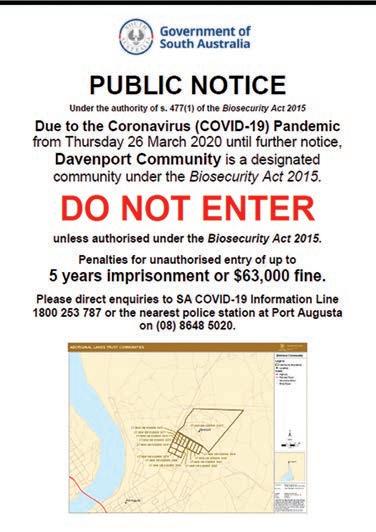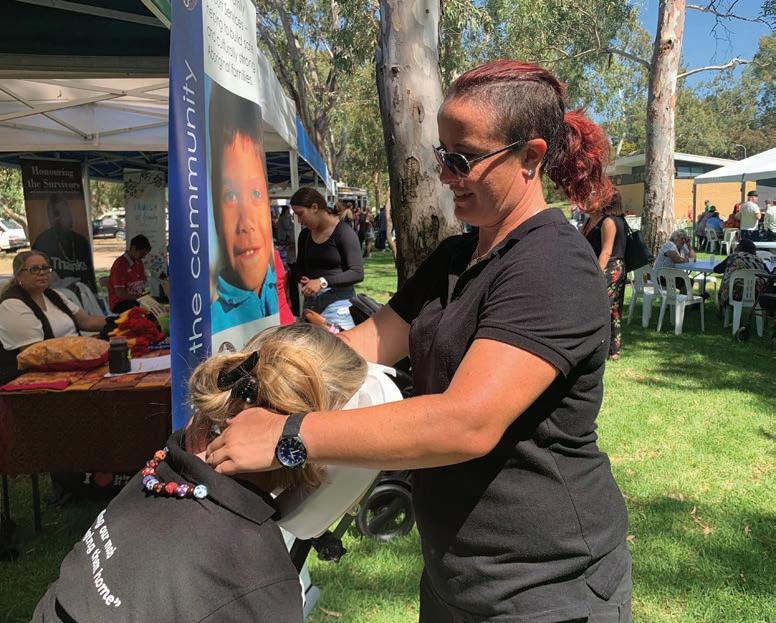
12 minute read
Anniversary of the 2008 Apology
Anniversary of the 2008 Apology remains a significant day for reflection and healing
2020 marks the 12th anniversary of the National Apology to the Stolen Generations.
Advertisement
In 2008, Australians across the country watched as Prime Minister Kevin Rudd said sorry for the pain and suffering inflicted on Aboriginal Peoples by government policy to remove children from their families.
In his national address, the Prime Minister acknowledged the generational trauma felt by Aboriginal families.
“For the pain, suffering and hurt of these stolen generations, their descendants and for their families left behind, we say sorry.
“To the mothers and the fathers, the brothers and the sisters, for the breaking up of families and communities, we say sorry.
“And for the indignity and degradation thus inflicted on a proud people and a proud culture, we say sorry” said Mr Rudd.
Twelve years on and the anniversary of the apology continues to be a significant date for Aboriginal and nonAboriginal people to reflect on past wrongs and share in the healing. Reconciliation SA held their annual breakfast at the Convention Centre in Adelaide with 1,800 attendees, keynote speakers, musicians, and a featured artist to commemorate the survival of the stolen generations and their children.
Shona Reid, Reconciliation SA Executive Director said coming together as a community each year is a significant part of the healing and reconciliation process.
“It is important that there is an opportunity for the wider community to engage in an event like this and to come together to respectfully acknowledge a very true part of Australia’s history.
“The breakfast provides a way for people to participate and learn from stolen generation survivors. It is a way for people to experience the emotion and to join in the commemoration.
It is also important for stolen generation survivors to know that they have the wider community behind them and for Aboriginal and non-Aboriginal people to come together for healing and growth and understanding because that is what reconciliation is about” said Ms Reid.
Peramangk and Kaurna Elder, Ivan-Tiwu Copley, speaking at the Veale Gardens community event on the anniversary said the day is about not forgetting the past.
“It’s about honouring stolen generations and keeping a pathway open to say that we haven’t forgotten. Aboriginal and non-Aboriginal people, to say we haven’t forgotten. We know there’s still healing going on. That’s part of it. And a major part of it is giving a platform for those people to come together, to meet and show support.”
Mr Copley said it is important for people to understand the impact of forced removal of children from their families.
“There are massive numbers of people affected by the removal. It’s so important for that acknowledgement and the learning of the effects of those policies throughout the population. We’re talking third now fourth generations that are affected by it. People don’t realise how much it is. “For me, when I come to this event here, I tend to think about what the mothers and fathers went through not seeing their children ever again.
“People need to understand the enormity of the removal” said Mr Copley.
In 2008, Mr Rudd closed the apology with a hope for an inclusive future for all Australians.
“A future based on mutual respect, mutual resolve and mutual responsibility.
“A future where all Australians, whatever their origins, are truly equal partners, with equal opportunities and with an equal stake in shaping the next chapter in the history of this great country, Australia” the Prime Minister said.
For Ivan-Tiwu Copley the anniversary is about acknowledging Australia’s history and shaping our future.
“It’s our history. We’ve got to acknowledge our history as Australians. Aboriginal and non-Aboriginal people, it’s our history. It’s been written. We can’t change it, but we sure can write the future” he said.
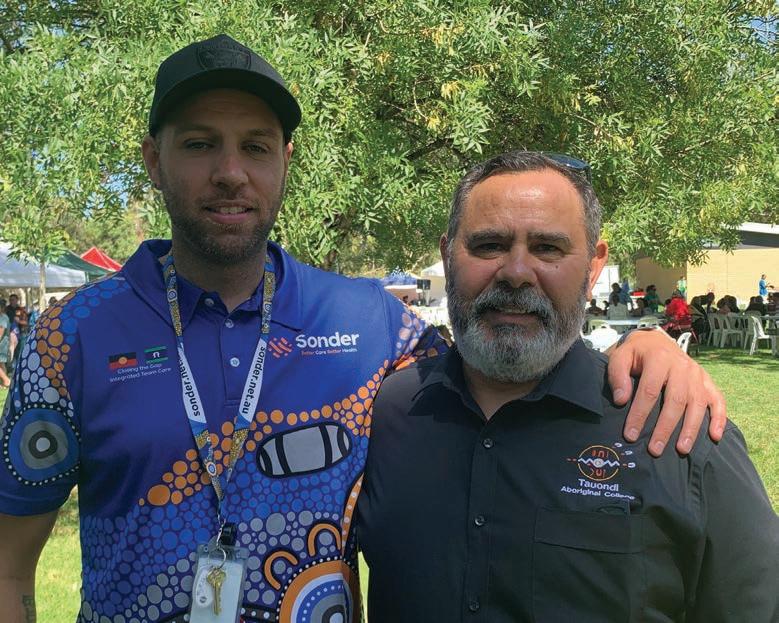
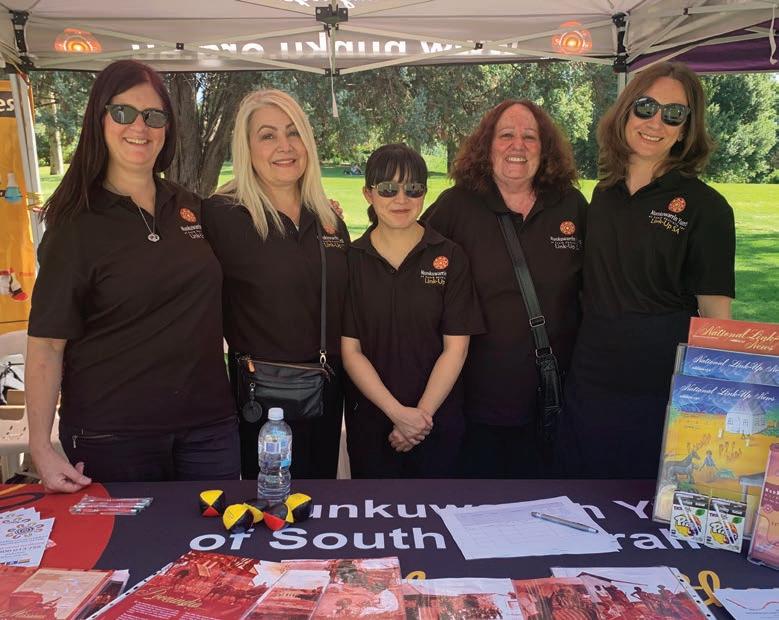
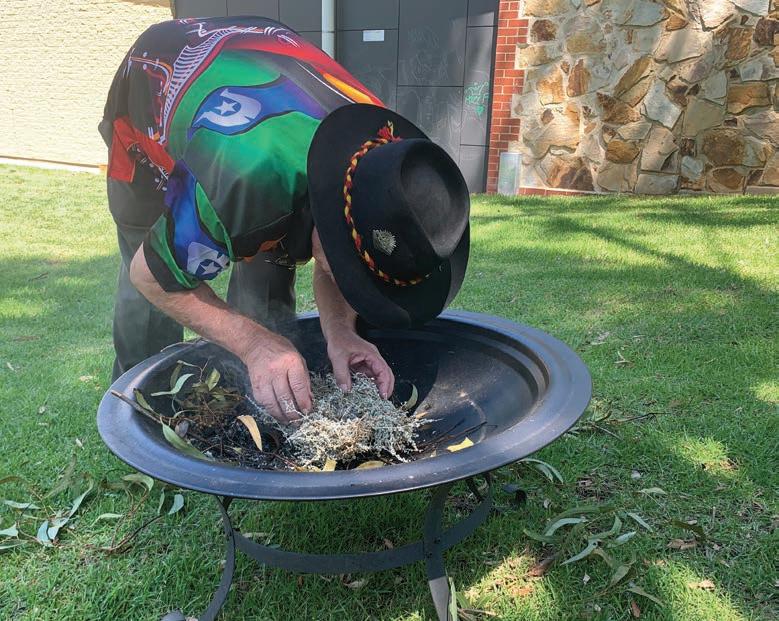
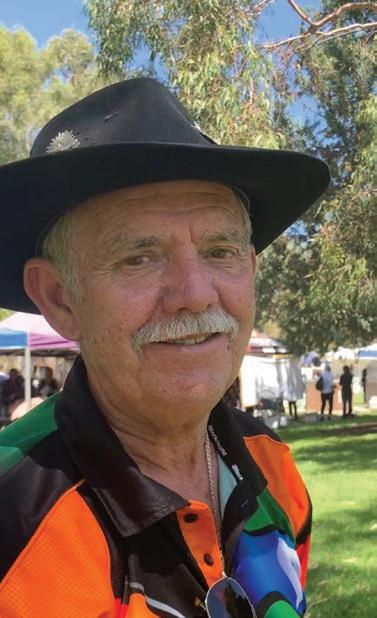
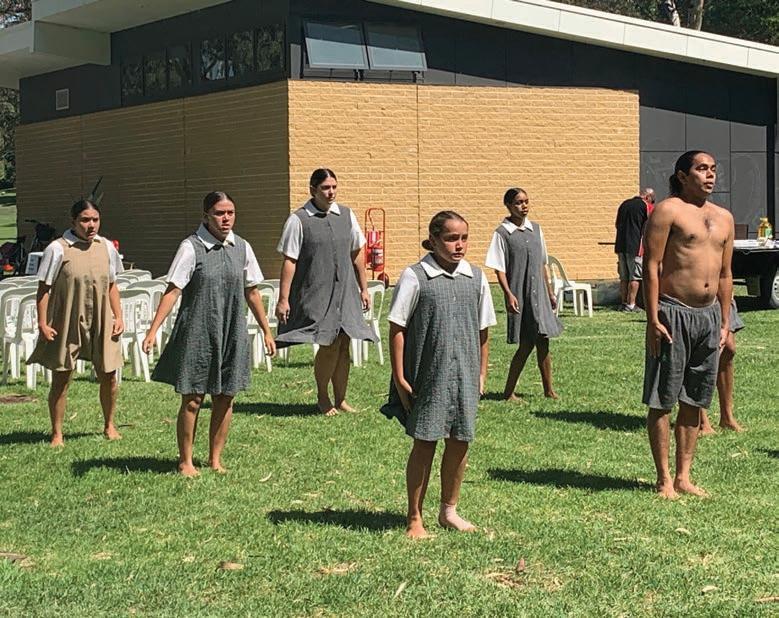
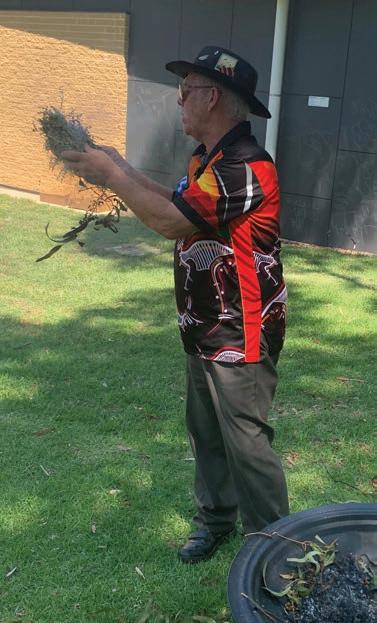
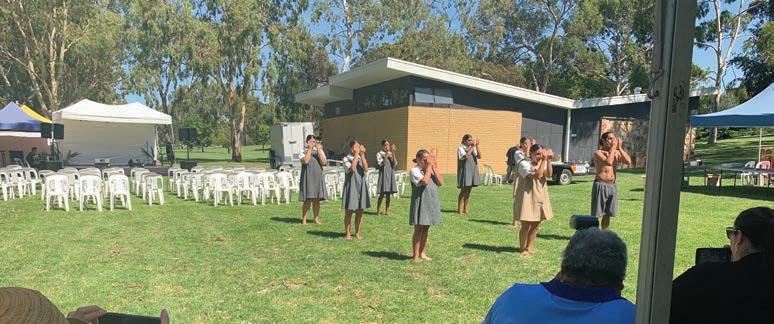
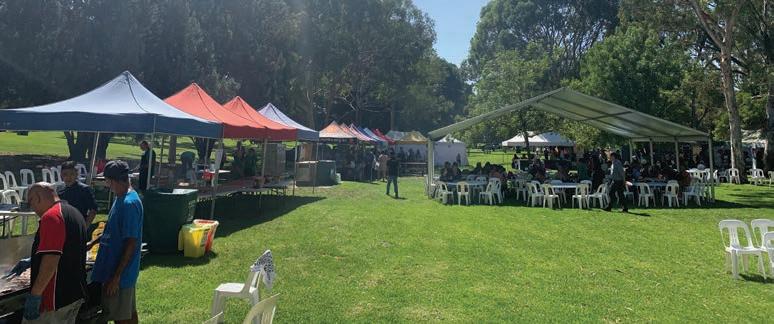
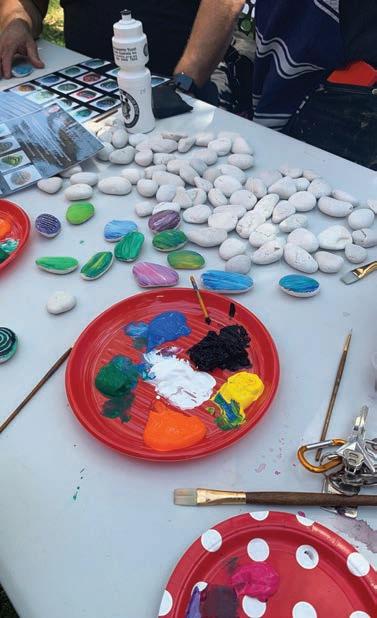
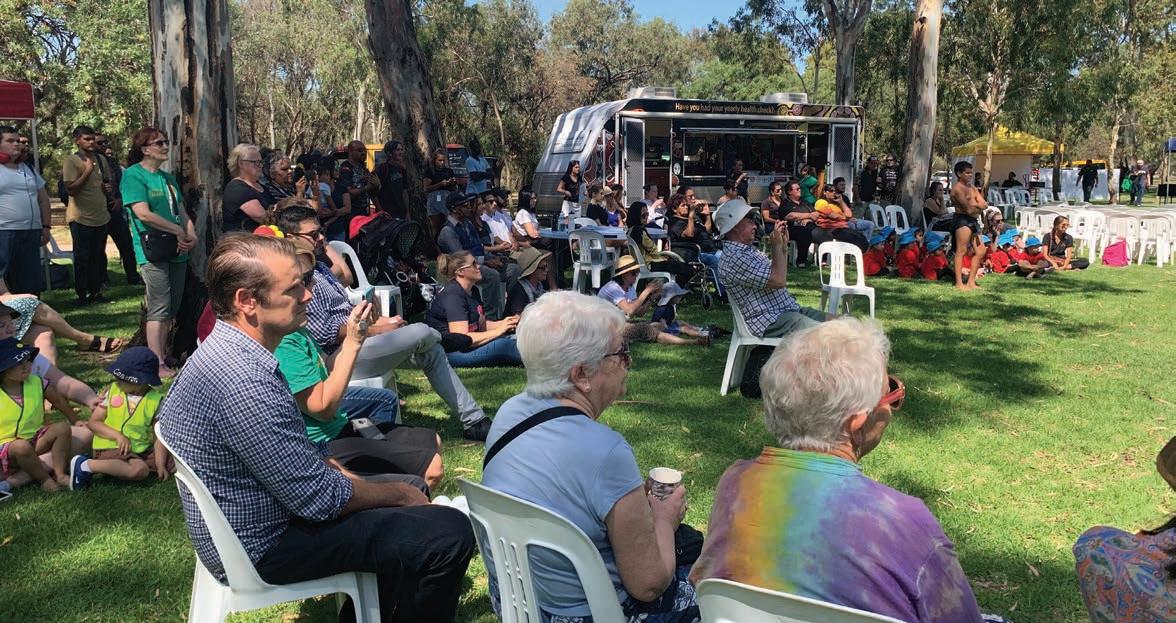
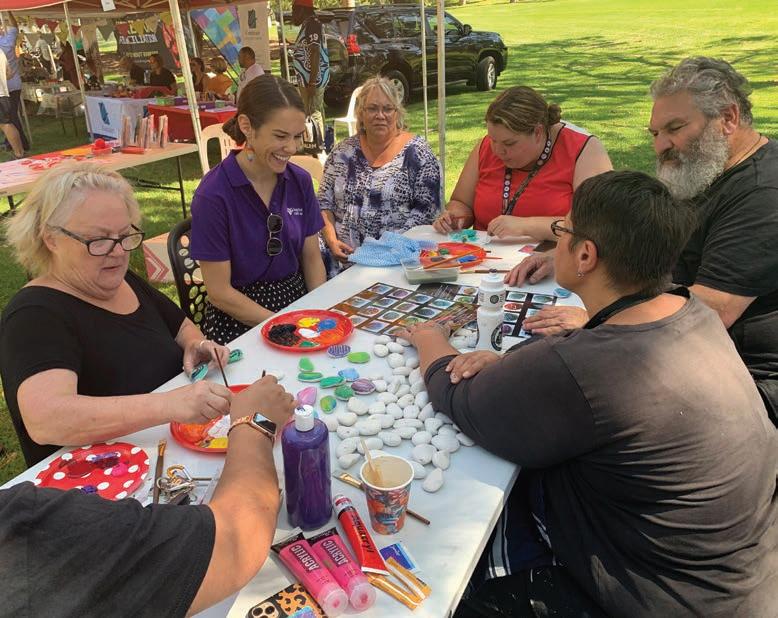
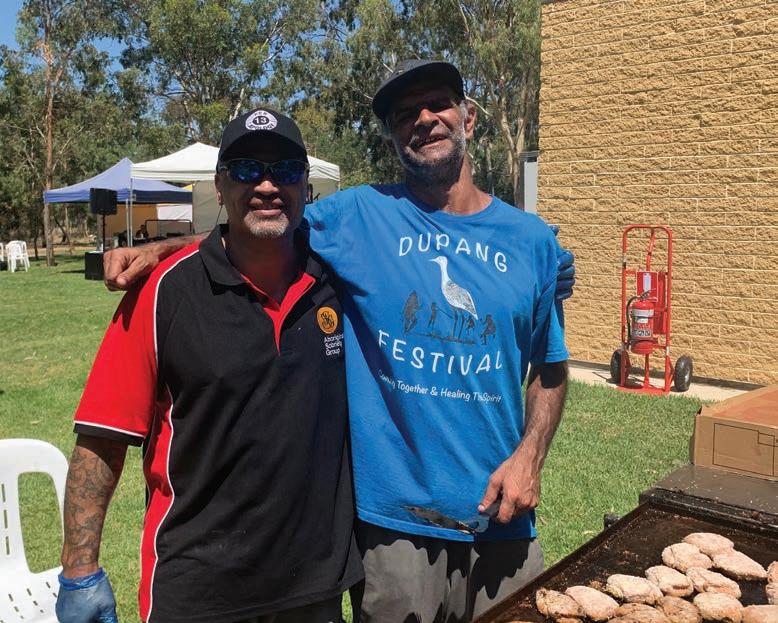
Kaurna reburies ancestors
Many South Australians would have heard that a major new road project, the Northern Connector was completed recently. Many may not be aware that construction on that project uncovered the remains of several Kaurna people buried on their country before colonisation. One morning in March, Kaurna community members respectfully reburied the remains of these ancestors disturbed during the construction of the Northern Connector as well as other construction projects in the region. Kaurna Ngarrindjeri Yankunytjatjara man Allan Sumner was a part of that very careful and moving reburial ceremony. He says that the challenges of appropriately returning ancestors like this whose remains have been disturbed, as well as caring for the remains of old people who are being returned by institutions around the world is a large but crucial challenge for Kaurna people and other South Australian Aboriginal nations. Mr Sumner is a multi-skilled artist, designer, business operator and leader and he told Aboriginal Way about the Northern Connector repatriation at his studio in Aldinga shortly after the ceremony. “We were told about our old people that were dug up. They came from three different areas of the suburbs. Out of the 13 old people that were disturbed, only parts of thier remains were actually taken from the earth.
“They come from different areas on Kaurna country, our reburial was prepared to distunguish southern, western and northern. Out of the 13 old peoples remains we had a mixture of gender, male and female. As part of the collection we had young people, a baby and a group of older men” he said.
Great care was taken to lay the old people to rest appropriately, Mr Sumner explained. “The remains of our old people were split up into three groups and then we worked with Lendlease to get an operator to be able to dig out the reburial. “Aboriginal people operating the machinery and guiding the process was an important part of the reburial. The set up of the reburial was respectful to our old people as well as for the communites who attended on the day.” Mr Sumner said that the whole reburial process took several hours as the Kaurna people worked to make sure that the remains of their old people were laid out to rest appropriately and respectfully. The reburial process was more than just the public ceremony, Mr Sumner explained. “The process actually took two days and so we had people arrive a couple of days earlier to start setting up the camp, part of repatriation program is that we camp out on country, we put a fire on the ground and we’d start to talk about the process together.
“This is a process we’ve never had to do. It’s new to us and so it’s important for us as Kaurna people to sit around the fire, talk about the protocols and the processes and how we do it so that we’re all in agreeance together and we support each other in doing that.”
While Kaurna community members are striving to support each other through the process, it’s a challenging time, said Mr Sumner.
“For many years, a lot of information has been lost, particularly around our traditional ways of living here on the Kaurna Plains. Our landscape has changed phenomenally with the introduction of buildings and the development of Adelaide has had a rippling effect on our culture. We went through an assimilation process. We went through a White Australia policy. We’ve been through colonialism. We’ve survived on this country, but we’ve lost a lot of knowledge in doing so.”
Kaurna people are reclaiming that knowledge, Mr Sumner said. “So we’ve reading through the eyes of colonists back in those times who reported how our people were living on the country. The SA Museum holds a lot of documents through Tindale’s records and so we’re trying to piece together our cultural knowledges. As Kaurna people on this country we’re working out what knowledges people have so that we can piece all together, and look at the reclamation of our language and our cultural knowledges.
“Who does that is probably the biggest issue because we’ve lost that much, there is an onus on leaders and others that are coming through as cultural bearers to maintain that knowledge, but also to continue getting that knowledge wherever it may come from.
“For those that wanting to learn more about who they are, their identity, their culture, their language, where they come from, their roots, there’s strength in that. It’s not until we as Kaurna community sees that there’s more to life than living in the status quo and saying, ‘Oh, well, our culture is gone. It’s finished. What’s the worth pursuing my language?’ and things like that.
“We need to all come to the table and come to terms with what’s happened on our country and to admit that not every person knows everything about who we are and where we come from, is that we’re learning that process today” said Mr Sumner.
Uncovering remains of ancestors is a disturbing time but Kaurna are working on processes to make sure that it is managed carefully and respectfully as the city is developed. “Obviously, when we find our old people, it’s upsetting for our community, for the Kaurna community and, since the turn of the century, a lot of the remains of our people have been dug up or disturbed from their natural state.
“This country will still be developed, the city of Adelaide will continue to be developed, what we are trying to do as Kaurna people is to be able to work with developers and to, obviously, maintain our rights as Aboriginal people in terms of cultural heritage.
“That means making sure that those who are involved in disturbing the remains of our old people work with us to make sure that if any developments are happening on those parts of the land is that Kaurna people are there.
Kaurna people act as important monitors for major infrastructure projects, Mr Sumner explained.
“We have our cultural heritage monitors, we have our archeologists, the anthropologists onsite and we make sure that we stop work accordingly, we make sure that we assess the area.
A dedicated keeping place for Kaurna old people and to manage some of the many remains currently held by the SA Museum and other institutions is important, said Mr Sumner.
“We would like to have our own keeping place, a private keeping place. As opposed to, at the moment our keeping place is the South Australian Museum. “What we need as Kaurna people is a keeping place for ourselves.
“So as we are made aware of our old peoples remains being disturbed, we don’t have to put them in the care of the South Australian Museum. We’ll have our own keeping place where we have total control of where they go including all the information, the maps, the locations for us as Kaurna people.
“That just makes the process a lot easier for us to start making informed decisions around how we do those reburials without having red tape to stop us from actually doing that” Mr Sumner said.
In the end, the work going into repatriation and reburial is not just for the older people but for the generations to come, said Mr Sumner.
“The reason why we do that is because we have our old people represented there, but we also have our younger generation represented there. To pass on these stories, to pass on those narratives, those cultural knowledges to our young people is very important, particularly in this process because we know that this is going to continue to happen. If we don’t pass that on to our young people, those knowledges will be lost.
“It’s a sad time for us as Kaurna people. There’s an ugliness about it, the fact that we were put in this position to be able to do this, but we know that it is the right thing to do.”
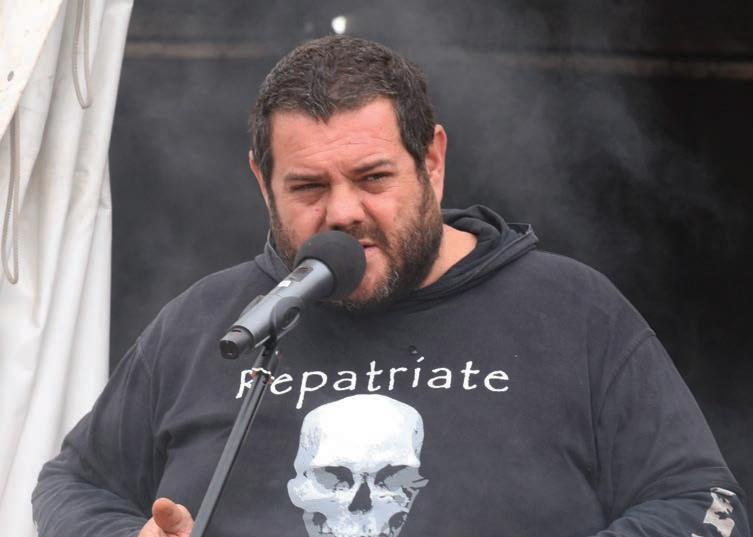
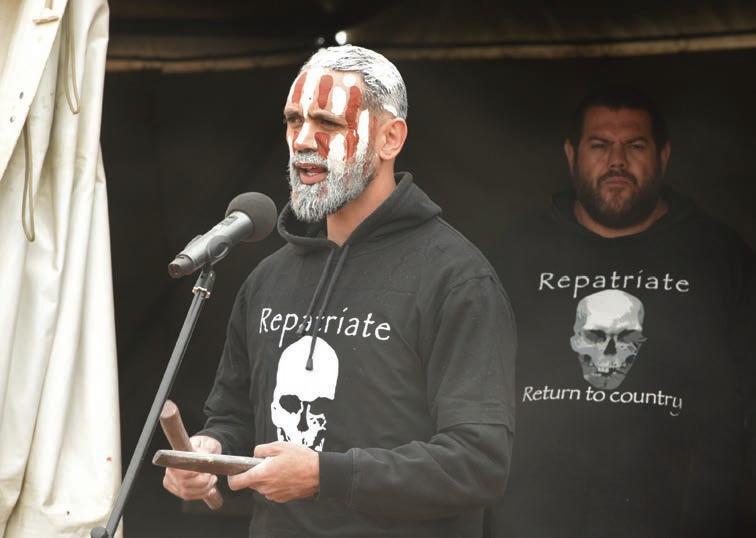
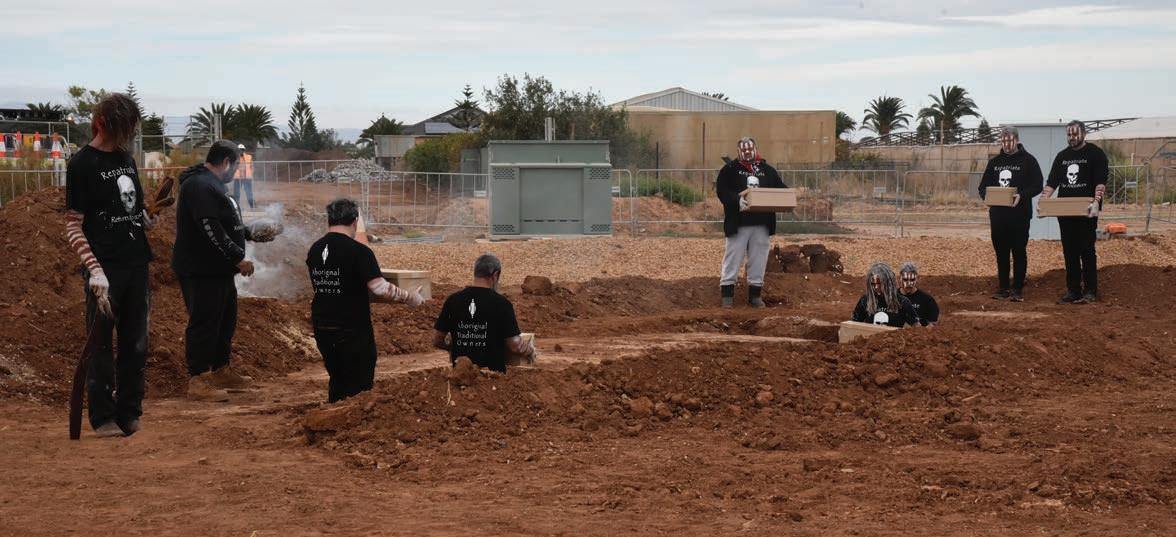
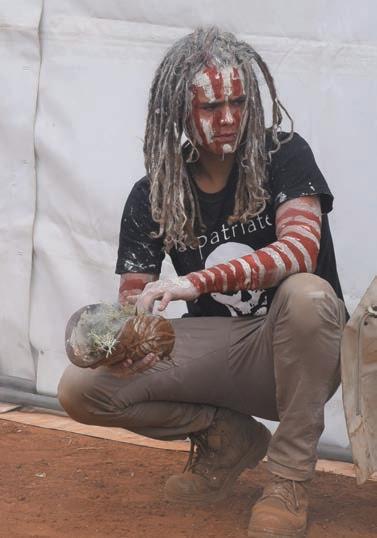
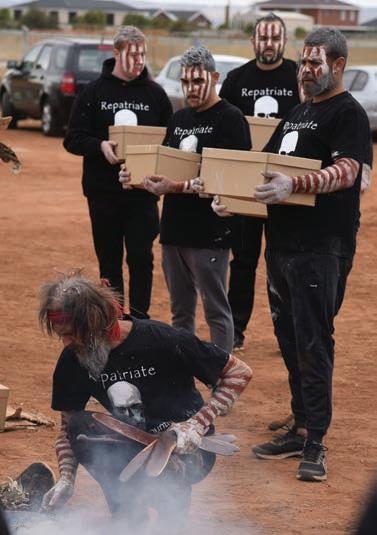
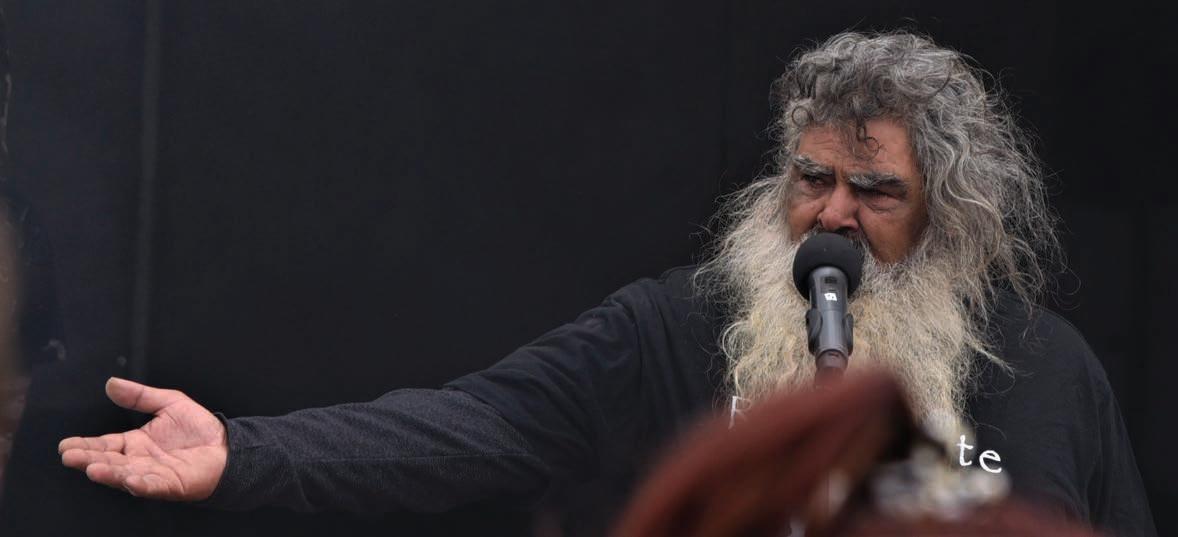
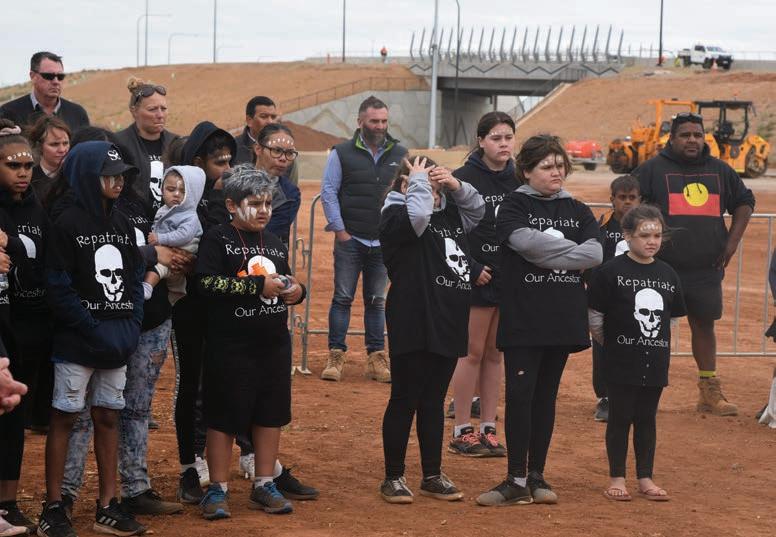
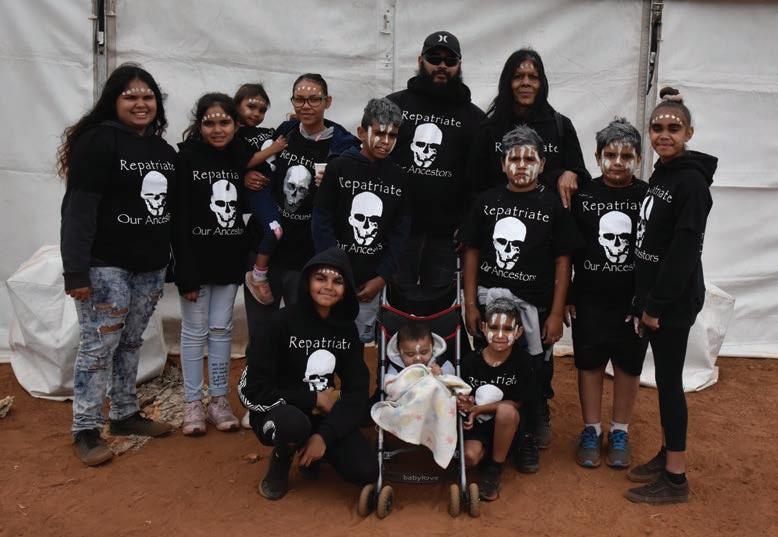
Allan Sumner (previous page top), Jack Buckskin (previous page bottom) and Jeffry Newchurch (this page, centre) address community attending reburial ceremony conducted by Kaurna men.
Communities lock out coronavirus
Continued from page 1 The availability of virus testing for people in remote communities was a topic of concern, as this provides a crucial tool to manage the spread of the illness.
Following criticism about delays, the Federal Government announced improved testing facilties with Federal government funding for 83 new mobile testing sites.
Some remote areas have been waiting up to 10 days for results but the new project aims to cut waiting times to 45 minutes according to a Federal Government announcement. Panic buying and food security, an issue across the world in the wake of the coronavirus pandemic, was another key challenge for remote and closed communities during these times.
In the Northern Territory, a coalition of 13 Aboriginal organisations called for the national cabinet to support and guarantee the supply of affordable food and other basics in for these communities.
Remote stores were struggling to supply basic goods, John Paterson, the CEO of the Aboriginal Medical Services Alliance of the NT said. “Under COVID-19 travel restrictions small, community-owned stores must suddenly meet 100% of people’s needs across a much greater range of products. Some stores have had to triple their usual orders.”
In South Australia, community managers worked to make arrangements for delivery and collection of food to residents in closed communities, assisting them to register for priority distance shopping.
Communities also facilitated health services and provision of medicine for residents.
